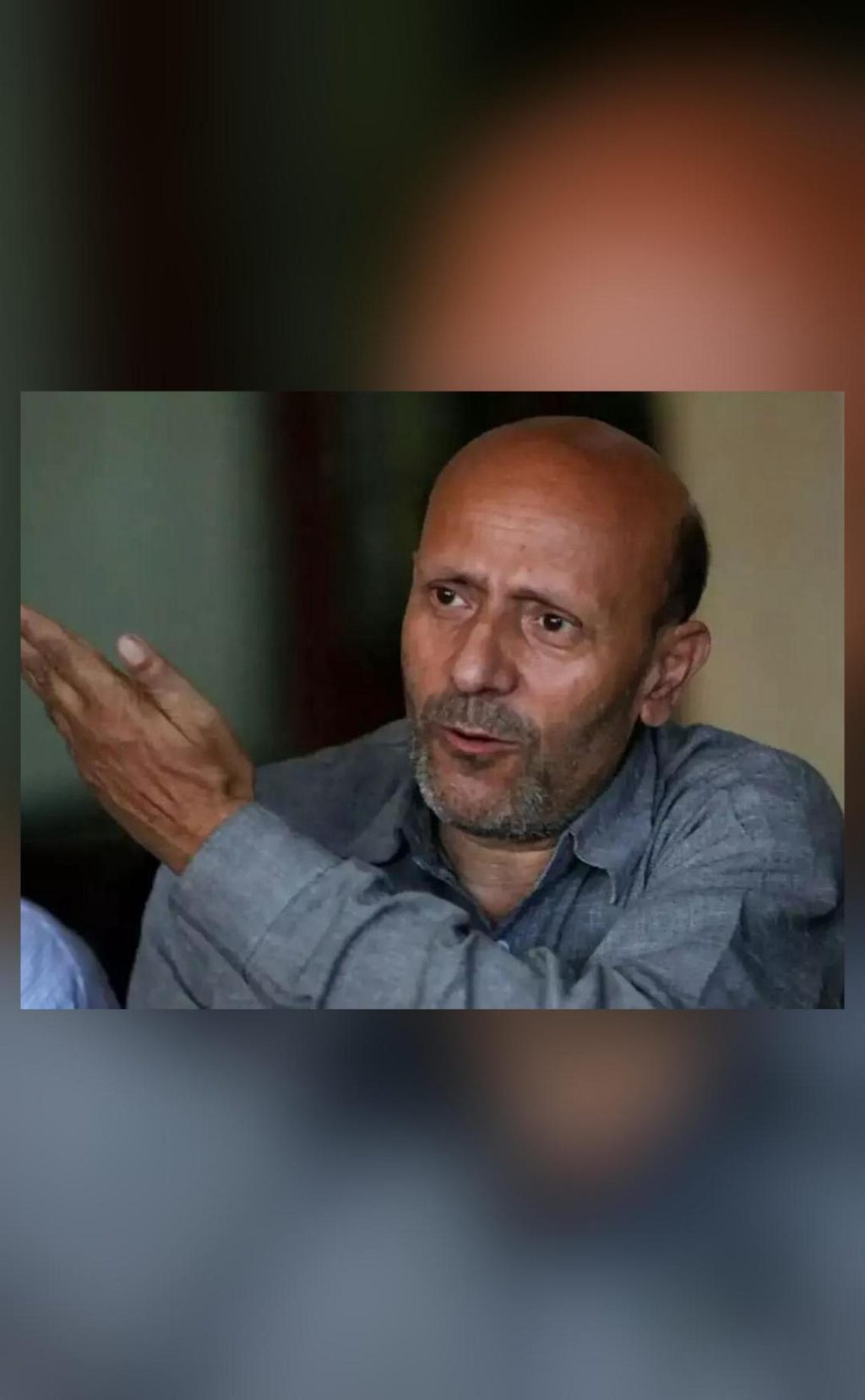
Jailed J&K MP Engineer Rashid gets parole to attend Parliament
In a recent development, the Delhi High Court has granted a two-day custody parole to jailed Baramulla MP Engineer Rashid, allowing him to attend the ongoing budget session of Parliament. The court imposed certain conditions on him, including a ban on using phones, the internet, and speaking to media or anyone else. This move has sparked widespread interest and debate, with many questioning the decision to grant parole to an accused in a terror funding case.
Engineer Rashid, a Member of Parliament from Jammu and Kashmir, has been facing trial in a terror funding case since 2017. He was arrested in August 2017 and has been in Tihar Jail since then. The Enforcement Directorate (ED) had filed a chargesheet against him and several others, alleging that they had received funds from Pakistan to fuel separatist movements in Jammu and Kashmir.
The Delhi High Court’s decision to grant parole to Engineer Rashid was made after his counsel argued that he needed to attend the budget session to raise important issues related to Jammu and Kashmir. The court, while granting the parole, imposed several conditions to ensure that Rashid does not misuse the privilege. These conditions include being escorted by police, not using phones or the internet, and refraining from speaking to media or anyone else.
The court’s decision has sparked a heated debate, with some questioning the logic of granting parole to an accused in a terror funding case. Many argue that Rashid’s presence in Parliament could be used to spread anti-India propaganda and undermine the country’s efforts to combat terrorism. Others have pointed out that the decision sets a bad precedent, as it could embolden other accused to demand similar treatment.
On the other hand, some have argued that Rashid’s right to attend Parliament should not be denied, as it is an essential part of the democratic process. They point out that the court’s decision is a temporary one, and Rashid will still have to face trial for the charges leveled against him. Others have argued that the conditions imposed by the court are sufficient to ensure that Rashid does not misuse the parole.
The decision to grant parole to Engineer Rashid has also raised questions about the handling of terror funding cases in the country. Many have criticized the government for its handling of the case, pointing out that the accused have been in custody for a long time without any significant progress in the trial. Others have argued that the government should have taken a stronger stance against Rashid and other accused in the case.
In conclusion, the Delhi High Court’s decision to grant parole to jailed MP Engineer Rashid has sparked a heated debate in the country. While some argue that Rashid’s right to attend Parliament should be respected, others believe that the decision sets a bad precedent and undermines the country’s efforts to combat terrorism. The case highlights the complexities of handling terror funding cases in the country, and the need for a more nuanced approach to dealing with such cases.






